UITabBarController has a property viewControllers that is an array of view controllers displayed (by index for tab position, but you probably don't need that). One simple solution is when your UITabBarController subclass gets data, it can loop over the viewControllers array and check each for delegate conformance / responds to selector and update accordingly.
That's probably the simplest. Another way would be to have the view controllers in the tabs register for updates. So they conform to a delegate protocol, and get a reference to their tab bar controller (the tab bar controller subclass), and call the tab bar saying "observe updates." The tab bar controller keeps storage of registered observing objects and calls each with new data.
This assumes you are setting the tab's view controllers in IB. If you are doing it programmatically, then with the second option you can just link the tabs to the tab bar controller when you add them. If set in IB you could also do it by overriding -prepareForSegue since embedding the tabs in the root is considered a segue, but you'd still have to cast the destinationViewController as whatever subclass can receive data.
The first option is simple enough and though I don't like casting, it's unavoidable to take advantage that the references you want are right there. Plus, there will in reality only ever be a single-digit number of tabs, so it can't get expensive. Hope this helps.
